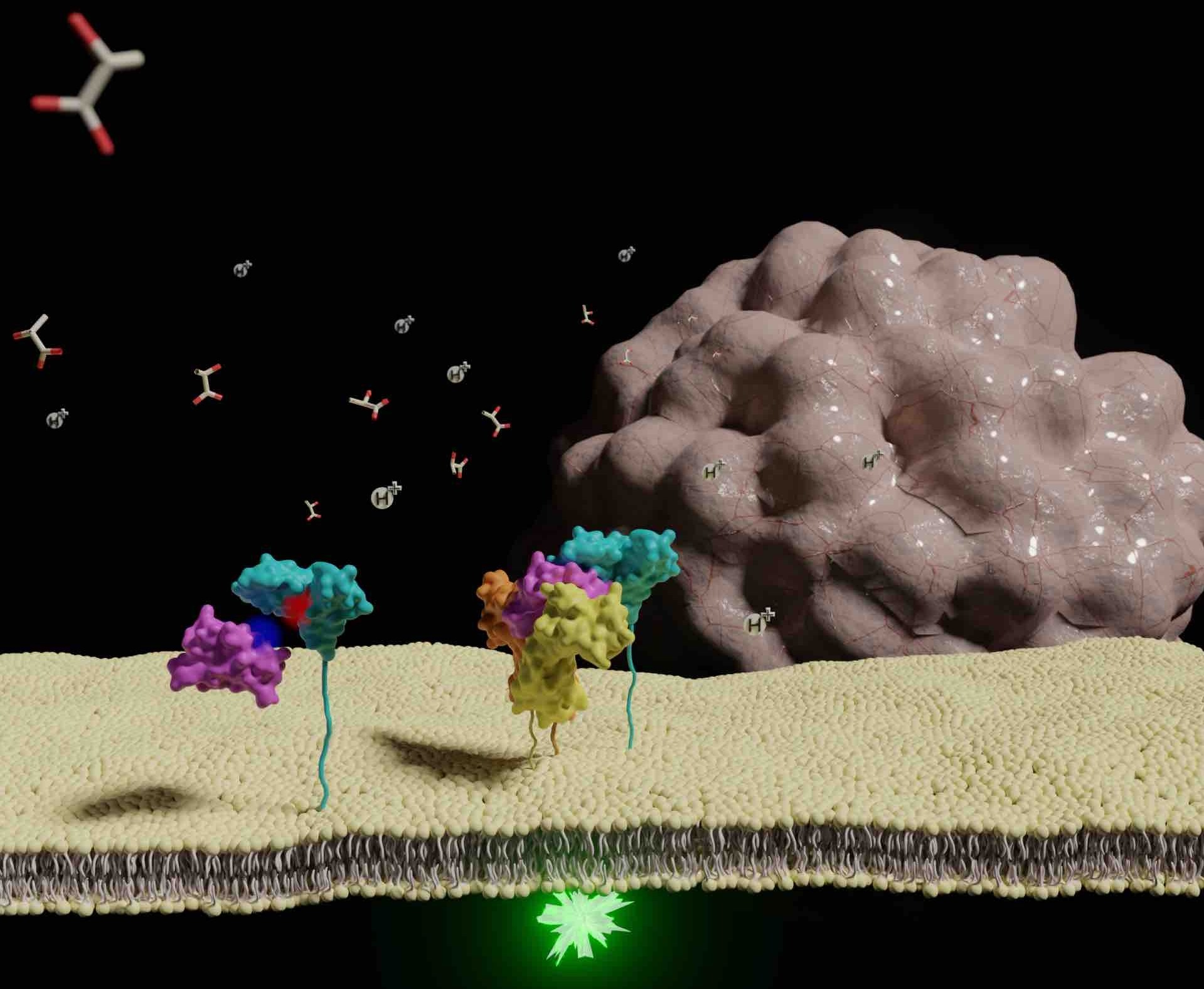
The protein, a cytokine known as IL-2, regulates the immune system and helps CD8 T cells and natural killer (NK) cells to attack cancer cells.
The variant created by the research team enables the modified IL-2 protein to work effectively in the hostile acidic environment produced by tumours.
When the modified protein was given as immunotherapy to mice with melanoma the immune system was activated to attack the tumour.
Although the research has currently been undertaken in mice, these promising results, published in Science Immunology, indicate that the same technique could be developed for use in people.
The team also note that since IL-2 is not the only molecule responsive to the acidity of the tumour environment, the same techniques could potentially be used to support the development of acid-tolerant variants of other molecules used in cancer treatments.
Reference
Gaggero, S. et al IL-2 is inactivated by the acidic pH environment of tumors enabling engineering of a pH-selective mutein Science Immunology
















